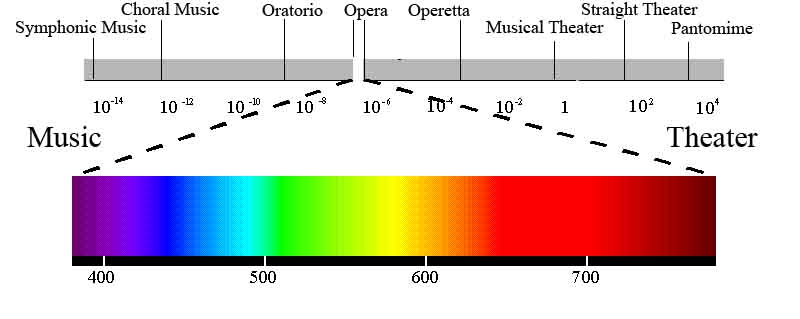Why toothpaste?
Composing music is not easy. At least not for me. It’s hard. And slow. And kinda lonely. And it requires a lot of sitting around with a piano or computer or piece of paper and trying to will something into existence. Ironically, it has almost nothing in common with the activity that usually compels one to try to compose music, namely, LISTENING to music.
Now, that’s not really true. The process of composing is some combination of listening to what you’ve already written and then hearing in your imagination what should happen next. Or if your imagination isn’t feeling up to it, you can resort to trial and error, reach for some notes at the keyboard or enter pitches into your notation program and then tweak them until you arrive at something you don’t hate and may eventually actually like. So, sure, composing music requires a particular kind of listening, but has little of the joy or pleasure of listening to the music that one loves.
So why do it at all? There’s not exactly a growing demand for composers and life’s pretty short to be spending hours a day wrestling with uncertainty and isolation with little promise of reward.
For me, it comes from an energy I get when I do listen to music I love. There are moments in music (theater and film as well) that create an overwhelming sensation of awe and humility and eternality. These ecstatic peaks don’t happen often, perhaps four or five in a year. But during those brief times, I come to feel that doing anything besides trying to create such moments for the word is a pointless waste of time
I have a hope that this pursuit won’t always be a slog, that someday I will reach a level of compositional prowess where brilliant music just pours fully formed from my brain, like it seems to have done for the REAL composers like Mozart. In fact for many years, the fact that writing music didn’t come easily kept me from composing at all. I took it as evidence that my skills just weren’t there yet, that I hadn’t yet earned the right to TRY to write anything.
But I suspect that this is just the way music gets written. It will always be an uncertain struggle with suspect results. Like trying to solve a diagramless crossword puzzle in a language you barely speak. Or squeezing precious toothpaste through the eye of a needle. But I have an inkling that I may be able to make something worthwhile, something that may create in others a moment of beauty, and whether I succeed or not, I have to try.
Composing music is not easy. At least not for me. It’s hard. And slow. And kinda lonely. And it requires a lot of sitting around with a piano or computer or piece of paper and trying to will something into existence. Ironically, it has almost nothing in common with the activity that usually compels one to try to compose music, namely, LISTENING to music.
Read the rest of this entry →

